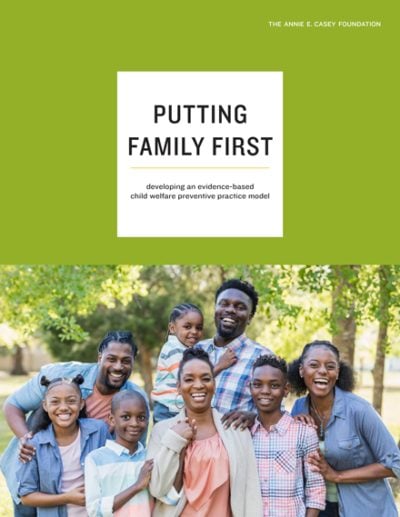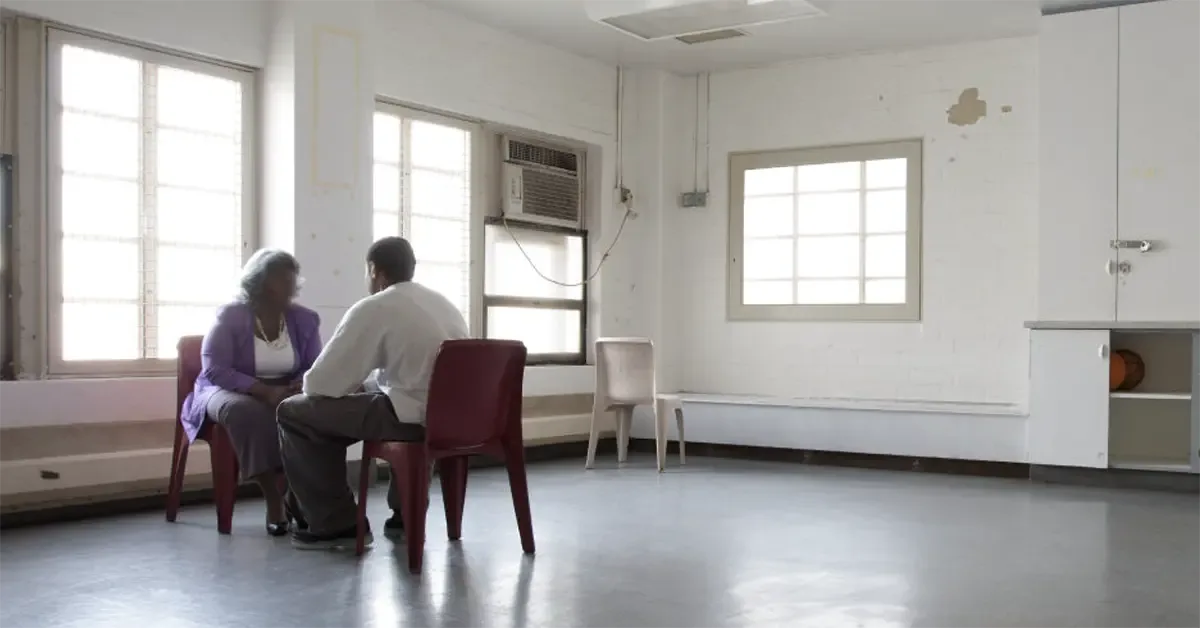Summary
The Family First Prevention Services Act (Family First) creates exciting new opportunities for child welfare practitioners to help keep children safely with their families. The law redirects federal funds to provide preventive services and, when foster care is needed, allows federal reimbursement for care in family settings and certain residential treatment programs for children with emotional and behavioral needs that require special treatment.
This paper from the Annie E. Casey Foundation provides guidance for state child welfare agencies on what to consider when developing a preventive practice model that aligns with the requirements of Family First, addresses the unique needs of families within local communities and ensures that selected programs and practices are feasible to implement with quality.
The proposed model includes three major components: evidence-based case management, targeted services to address risk and protective factors and evidence-based programs that meet the specific goals and needs of families.
While it is important to note the critical role of primary prevention in supporting children and families and reducing child abuse and neglect, this paper is focused on a preventive practice model for families who have already come to the attention of child welfare agencies, in accordance with Family First. Therefore, prevention is discussed in the context of preventing out-of-home placements for child welfare–involved children and youth, rather than primary prevention efforts aimed at stopping child abuse and neglect before it occurs.
The paper concludes with three case examples from state and local jurisdictions that are implementing key aspects of a preventive practice model.






